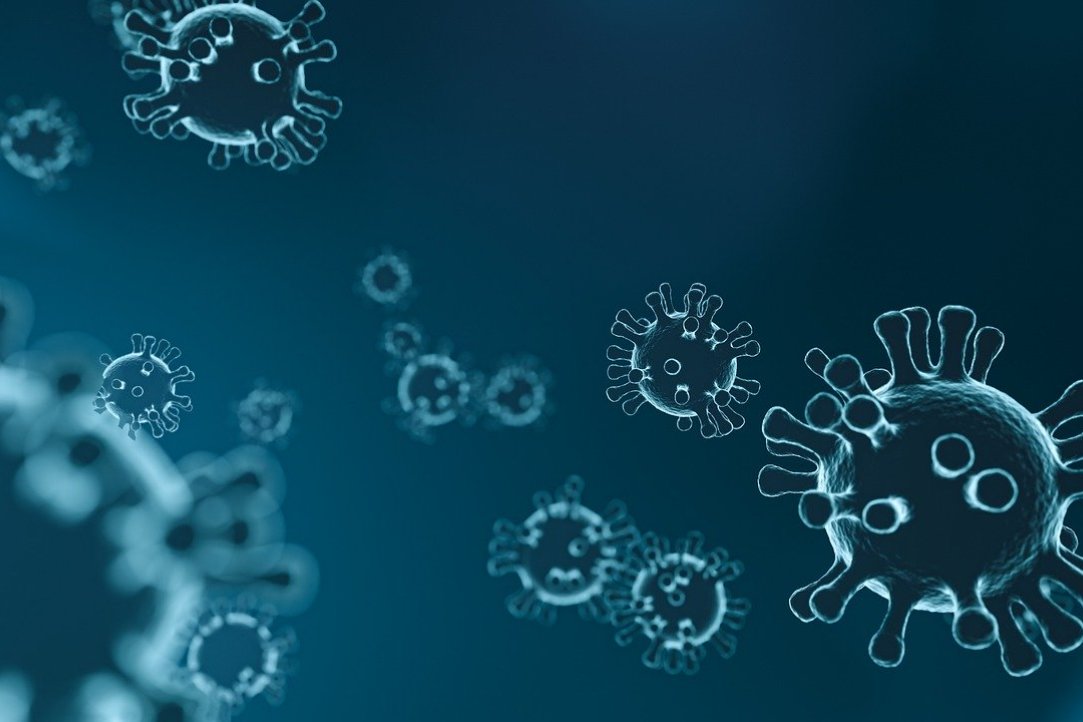Article "The role of regulation of APF2 / TMPRSS2 genes by intestinal miRNA isoforms in the pathogenesis of COVID-19" is published in the Scientific Medical Journal of the Russian National Research Medical University named after N.I. Pirogova
Article is published by Stepan Nersisyan, Fellow at the International Laboratory for Microphysiological Systems of HSE

Coronavirus SARS-CoV-2, which caused the COVID-19 pandemic, penetrates the cell by binding to surface proteins: angiotensin-converting enzyme 2 (ACE2) and serine protease 2 (TMPRSS2). The expression of these proteins varies significantly in individual organs and tissues of the human body. One of the mechanisms of regulation of their expression is the activity of miRNA molecules - short non-coding RNAs, the most important function of which is post-transcriptional negative regulation of gene expression. The goal of the research was to identify the mechanisms of interaction of miRNA isoforms and APF2 / TMPRSS2 genes in the tissues of the colon, known for their high level of expression of these enzymes. The search for interactions was carried out with the use of correlation analysis on a publicly available data sample of paired mRNA / miRNA sequencing of intestinal tissues. Among the findings were miRNAs such as miR-30c and miR-200c, known for their role in the pathogenesis of coronavirus infection and acute respiratory distress syndrome. Thus, new potential mechanisms for the regulation of APF2 and TMPRSS2 enzymes and their possible functional activity in a cell infected with coronavirus were established.
